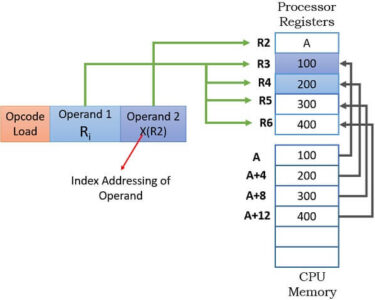
Dealing with Blackhat SEO Attacks: Best Practices
Blackhat SEO (Search Engine Optimization) attacks are unethical and malicious techniques used to manipulate search engine rankings and gain an unfair advantage in organic search results. These attacks target vulnerabilities in search engine algorithms to boost the visibility of websites that employ them. Understanding and countering blackhat SEO attacks is crucial for businesses and website owners to maintain their online reputation and prevent damage to their search engine rankings.
Common Blackhat SEO Attacks
- Keyword stuffing: Overusing keywords in website content to trick search engines into thinking the website is relevant for a specific search query.
- Cloaking: Creating different content for human visitors and search engine crawlers, displaying high-quality content to users while showing keyword-stuffed content to crawlers.
- Link farms: Building a network of low-quality websites that link to each other to inflate the number of backlinks pointing to a target website.
- Hidden text and links: Hiding keyword-rich text or links on a page using white-on-white text or CSS tricks to avoid detection by users.
- Negative SEO: Intentionally using blackhat SEO techniques to harm a competitor’s website, such as creating a large number of low-quality backlinks.
Best Practices to Counter Blackhat SEO Attacks
1. Monitor Your Website for Malicious Activity:
- Use Google Search Console to receive alerts about unnatural links pointing to your website.
- Regularly scan your website for malware, spam, and other malicious code using security tools.
2. Disavow Malicious Links:
- Submit a disavow file to Google to inform the search engine that you do not endorse or want to be associated with specific backlinks.
- Use tools like Google’s Disavow Links Tool to create and submit disavow files.
3. Protect Your Website from Cloaking:
- Use canonical tags to ensure that only the intended version of a page is indexed by search engines.
- Implement robot.txt directives to prevent crawlers from accessing certain sections of your website.
4. Remove Hidden Text and Links:
- Use browser developer tools to inspect your website for hidden elements.
- Use CSS validation tools to ensure that no suspicious or hidden content is included in your stylesheets.
5. Report Negative SEO:
- Contact Google to report any suspected negative SEO attacks against your website.
- Collect evidence to support your claims, such as screenshots or documentation.
6. Practice Whitehat SEO Techniques:
- Focus on creating high-quality, valuable content that naturally attracts links and shares.
- Build genuine relationships with authoritative websites for natural link building.
- Follow ethical SEO guidelines and best practices to avoid any potential penalties.
7. Monitor Search Engine Algorithm Updates:
- Stay informed about Google’s algorithm updates to understand how they may impact your website and adjust your SEO strategies accordingly.
- Use tools like Google Search Central to track algorithm changes and their potential effects.
8. Seek Professional Help if Needed:
- If you suspect your website has been targeted by a severe blackhat SEO attack, consider consulting with an experienced SEO professional.
- They can help you analyze the situation, develop an effective counterattack, and restore your website’s reputation and rankings.
Conclusion
Blackhat SEO attacks can have severe consequences for businesses, including search engine penalties, loss of reputation, and financial damage. Employing the best practices outlined above is essential to protect your website from these malicious techniques. By monitoring, disavowing, protecting, reporting, and following ethical SEO principles, you can safeguard your online presence and ensure that your website achieves success through legitimate means.


